১৮ মাঘ ১৪৩২
Chattogram Port Tariff Increases by 40% Overnight
16 September 2025 18:09 PM
NEWS DESK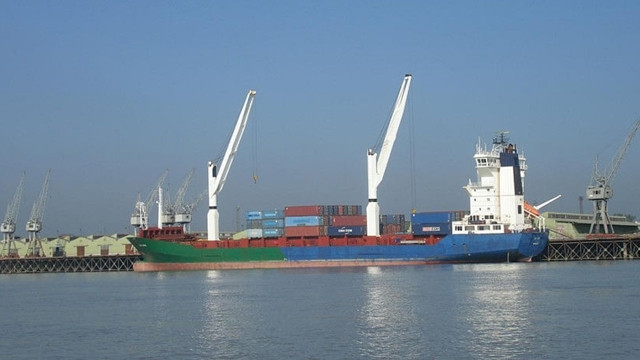
In the first major tariff review in almost four decades, Bangladesh's largest port Chattogram's Authority has raised service charges at Chattogram port by 40 percent.
The increase took effect yesterday following a gazette notification issued on Sunday night.
Business leaders fear the hike will push up the cost of foreign trade and erode competitiveness just as Bangladesh prepares to graduate from least developed country status in November next year, when it will lose preferential market access.
The move follows increases at private inland container depots (ICDs), which from this month have begun charging up to 60 percent more for handling export cargoes and empty containers.
Chattogram Port Authority (CPA) collects fixed tariffs for services provided from the moment a ship enters Bangladeshi waters.
Officials say no other port in the world offers shipping services as cheaply as Chattogram and that the previous tariff structure no longer matched current costs or demand.
After discussions with stakeholders, they say, the authority introduced a more realistic schedule.
Business leaders, however, have criticised the rise for being imposed all at once rather than gradually.
They argue that a phased imposition would have eased the pressure, and question the hike without improvements in handling times, clearance procedures or congestion at the port.
At Chattogram port, a series of activities takes place from piloting a ship from the outer anchorage to the jetty, to tugboat services, water supply, crane charges, berthing, loading and unloading containers and delivering goods.
CPA charges a fee for each of these services, which together make up the port's tariff.
This is the first large-scale revision of CPA charges since 1986. In 2007-08, the port authority increased fees for five major services, including tugboats, water supply, wharf rent, container storage and container stuffing and unstuffing.
According to the gazette, container transport fees have risen the most.
The average charge per twenty-foot equivalent unit has jumped from Tk 11,849 to Tk 16,243, an increase of Tk 4,395 per container.
Fees on imported containers have gone up by Tk 5,720, while export containers cost an extra Tk 3,045.
The largest single increase is for loading and unloading containers from ships, which has risen from $43.40 (about Tk 5,282) to $68, an increase of $24.60 (nearly Tk 3,000).
As the tariffs are calculated in US dollars, charges could climb further if the dollar strengthens.
Spread across the weight of goods, the average fee per kilogramme for containerised cargo has increased from Tk 1.28 to Tk 1.75, an increase of nearly 37 percent.
Around 60 percent of imports at Chattogram port are handled at the outer anchorage. These cargoes will face smaller rises as they are not loaded or unloaded at the port jetties.
Anwar-ul-Alam Parvez, president of the Bangladesh Chamber of Industries (BCI), said the rise in charges has imposed an extra burden on businesses.
"The new port tariff structure will increase the cost of doing business and raise production expenses for domestic manufacturers," he said.
"At the same time, exporters will lose competitiveness against their peers in the global market," Parvez told The Daily Star.
He said the hike comes at a particularly difficult moment as the country prepares to graduate from LDC status and lose trade benefits.
"Entrepreneurs are now forced to bear unexpected expenses because of inefficiency in port operations, which already cause significant delays in releasing goods," he said, urging the authorities to review the decision.
Nasir Uddin Chowdhury, former first vice-president of the Bangladesh Garment Manufacturers and Exporters Association (BGMEA), said they had requested the government to defer the tariff hike for a year, but this was rejected.
He accused the government of being "intent on transferring most port jetties to foreign operators."
"The tariff hike may have been designed to make port operations look more profitable for them [foreign operators], as they stand to gain the bulk of the additional revenue," he added.
CPA Secretary Omar Faruk said that although traders had requested a suspension of the increased tariff, it was ultimately not possible to accommodate that request.
Reiterating the port's position, he argued that charges at Chattogram Port are still much lower compared to ports in neighbouring countries. "The government has likely taken this into consideration."
He added that while the new rates came into effect yesterday, it could take a few more days for full implementation.
On July 24, the finance ministry approved the tariff hike, prompting objections from port users and a meeting at the Ministry of Shipping on August 25.
At the meeting chaired by Shipping Adviser Brig Gen (Retd) M Sakhawat Hussain, businesses again pressed for gradual increases to protect the country's competitiveness.
There, CPA Deputy Chief Finance and Accounts Officer Qazi Meraz Uddin Arif defended the adjustment, saying duties were still lower than those at other major global ports even after the hike.
BGMEA President Mahmud Hasan Khan called the increase unacceptable.
Syed M Arif, chairman of the Bangladesh Shipping Agents Association, also opposed it, saying that higher tariffs at berth operators and private off-dock operators combined with port charges would drive up overall trade costs.
He warned that foreign shipping lines may have no option but to raise freight charges as well, which would hit the country's foreign trade.




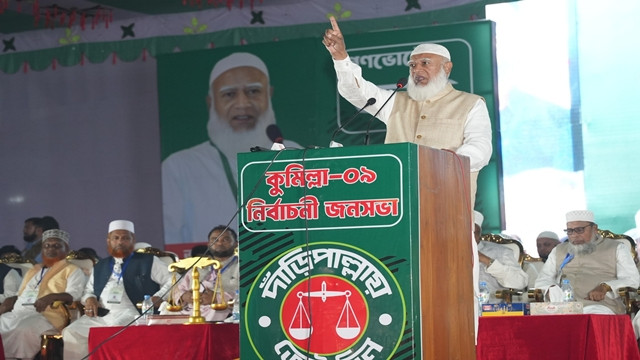
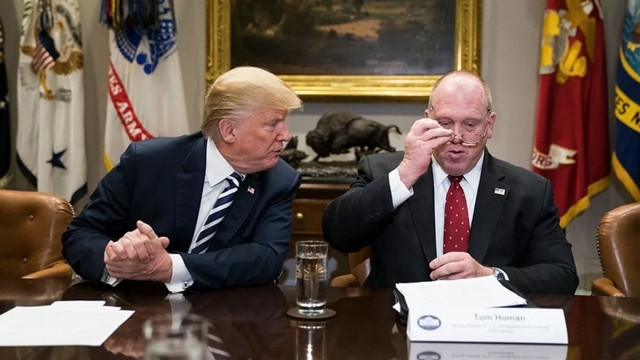
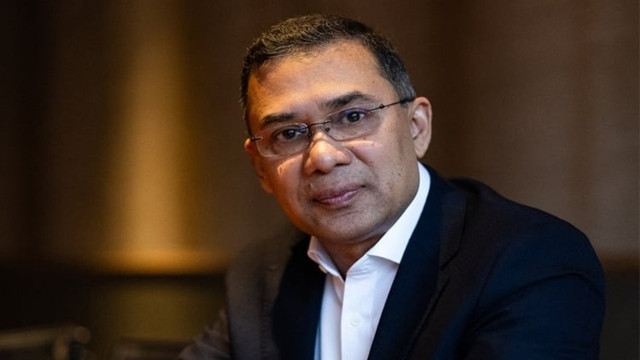
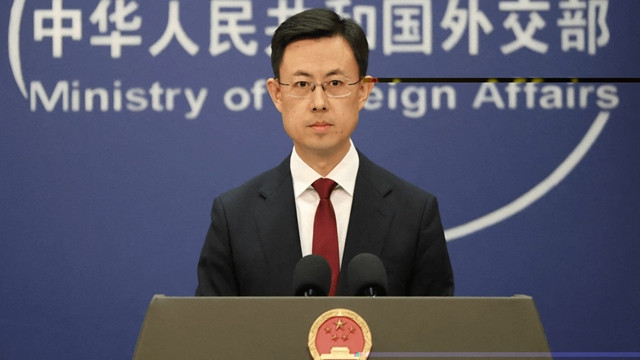
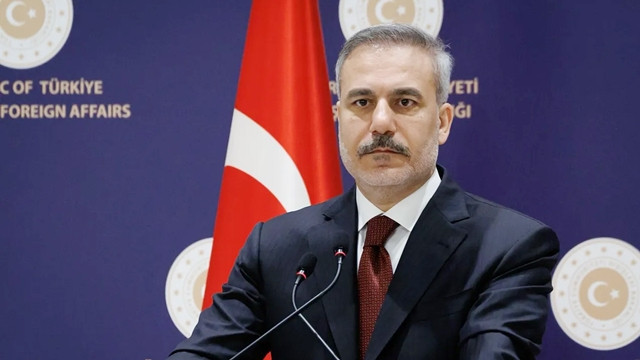
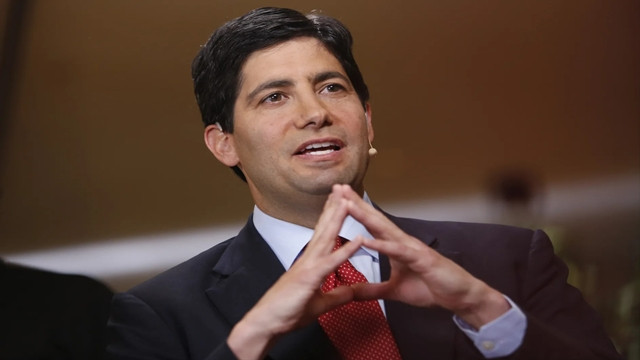
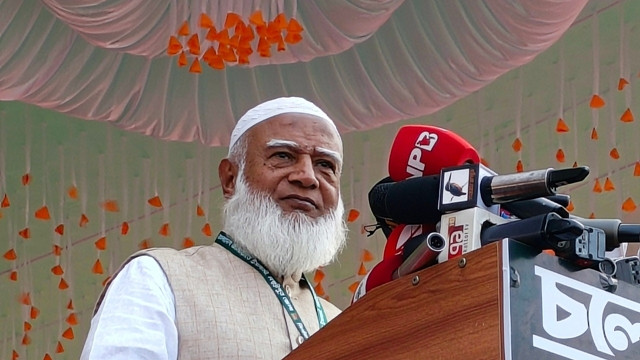
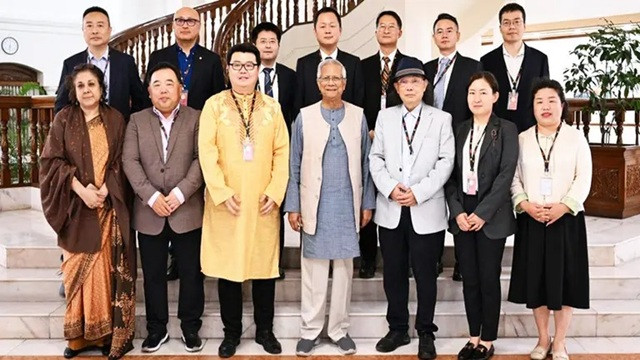
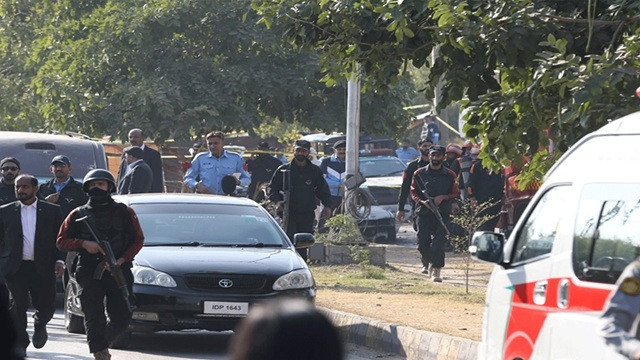
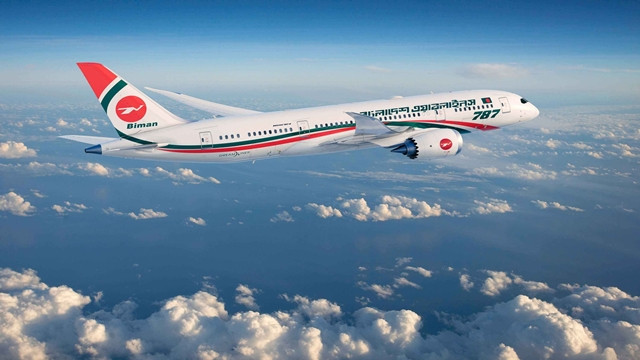
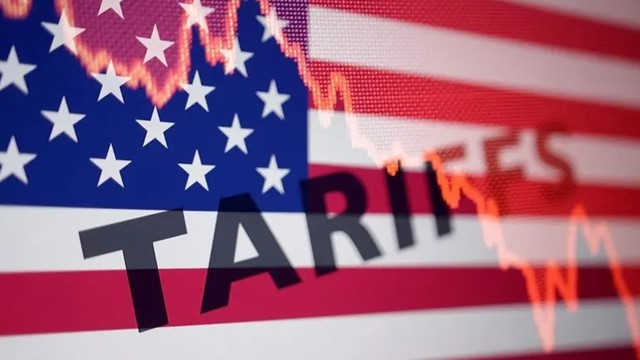

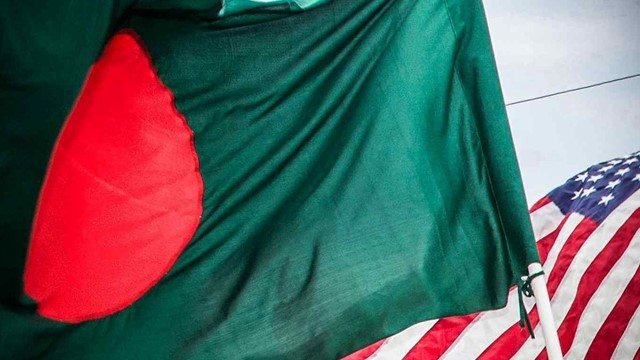

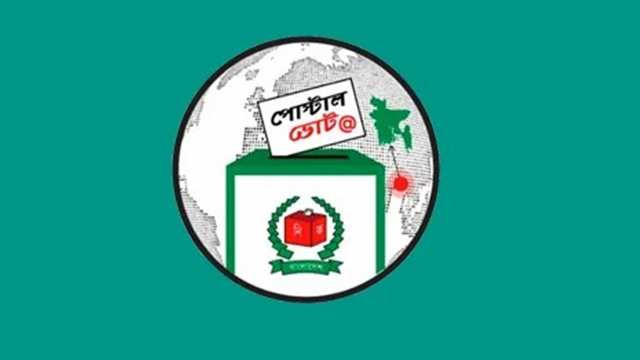
Comments Here: